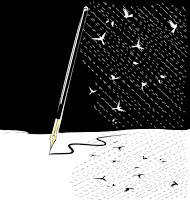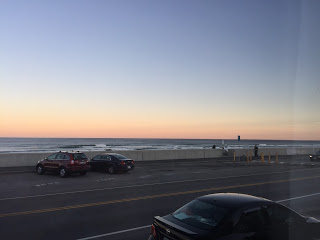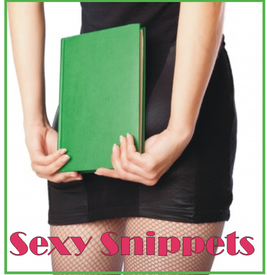By Ashley Lister
Betty & I
We
went to one of those swingers’ parties,
Me
and my blow-up doll: Betty.
She
wanted to add a new kink to our lives.
I
just went there to get sweaty.
Our
relationship was at a low point.
And
it had been that way for a bit.
But
I still tried to treat her with flowers or clothes.
Or
a bicycle puncture repair kit.
I like humour in poetry. Yes, poetry can lend itself to a great level of seriousness, but there is something about rhythm and a cleverness with words that makes me want to do something that will make an audience laugh.
Yet
for months my Betty had been silent.
And
our love life had skidded off track.
I
didn’t know if Betty had stopped loving me.
Or
was just missing the string from her back.
I
pumped her up full before leaving.
She
looked as good as it claimed on her box.
I
adorned her in lingerie, perfumes and makeup.
And
then I put on some clean socks.
Humour is relatively simple to do, and impossibly difficult to explain. Go for the unexpected. Use the surreal. Surprise your reader. Do something clever with words. Or simply describe the real world and allow your reader to see the humour that is there waiting to be discovered.
We
looked perfectly suited together
We
each were the cream of the crop
But
that didn’t stop people from laughing
As
we waited beside the bus stop.
I
should really have waited to inflate her
Onlookers
can say horrid stuff
But
we were both going off to a sex party
And
I didn’t want to arrive out of puff.
This isn’t the complete poem. This is just the first half of it and I’m sure there are versions floating around the internet. I’ve put this one up here this month just to illustrate the point that even the silliest situation can be used to make an amusing verse.
And the exercise for this month is simple: write a
couple of verses of humorous poetry. As always, I look forward to
seeing your poems in the comments box below.










